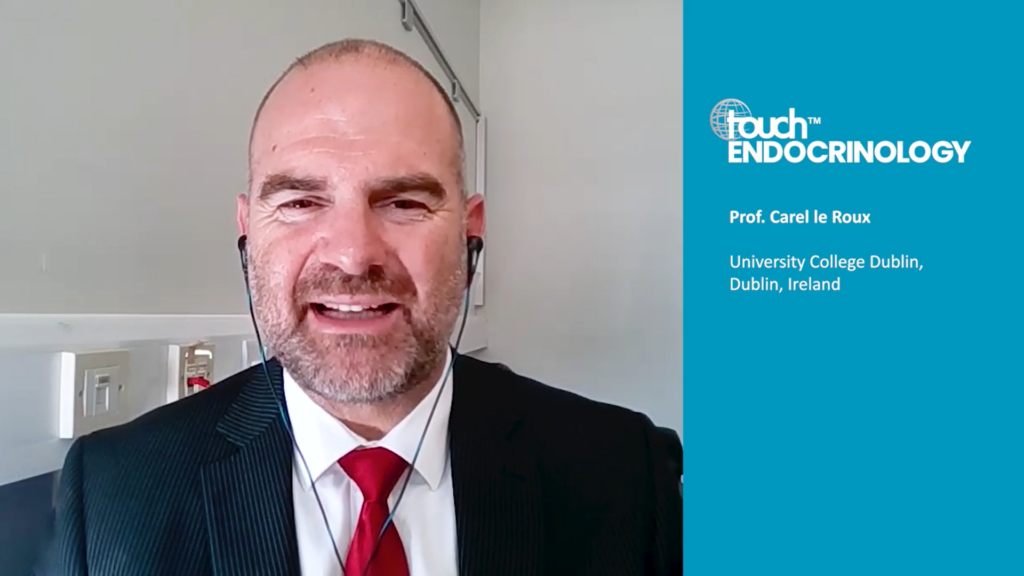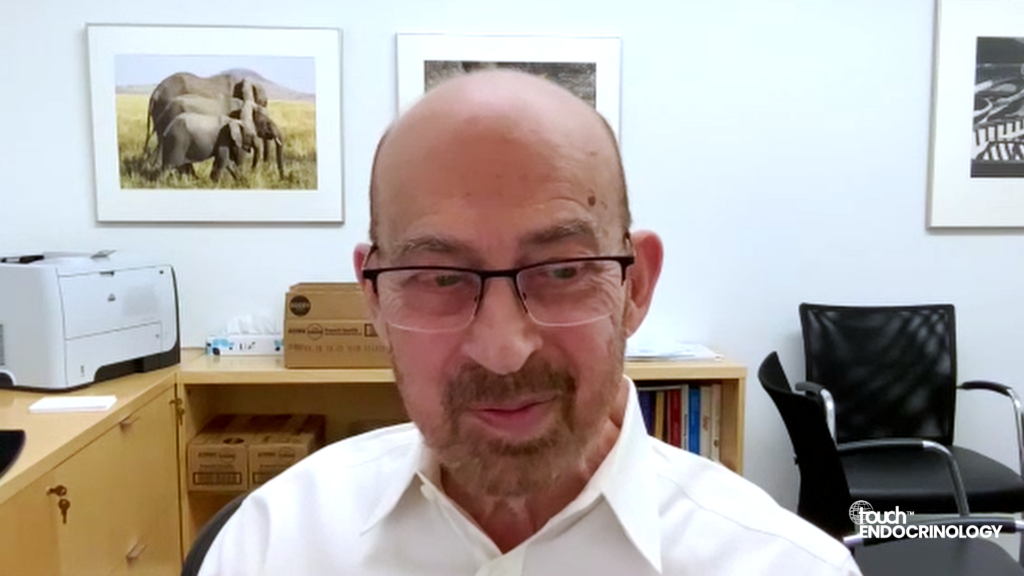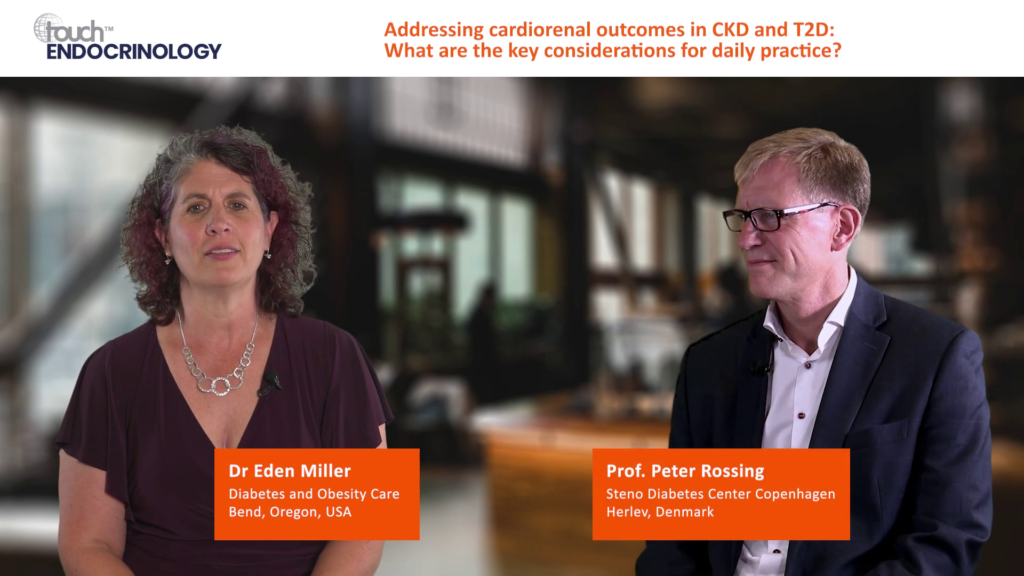Cardiovascular Risk
An Introduction to Cardiovascular Risk
Despite substantial treatment advances, cardiovascular diseases (CVDs) remain the leading cause of death in the world. Recent research has revealed that nearly seven in ten cases of CVD can be explained by modifiable risk factors: such as high blood pressure, abdominal obesity, low education, smoking, dyslipidaemia, poor diet, strength and physical activity, diabetes, depression, and air pollution. Diagnosis and management of these risk factors are essential to preventing premature deaths due to CVD. However, there remains a significant risk of cardiovascular events despite optimal risk factor management. Other less understood, potentially modifiable risk factors include inflammatory, pro-thrombotic and metabolic pathways, and warrant further study.
Browse our gallery of video highlights and short articles from the conference hub, providing the latest expert insights from major conferences and peer-reviewed articles from the journal portfolio.

Physician burnout is at a critical point. In this episode, Nicky speaks with Dr Alfred Atanda about why so many physicians are burning out and what can be done to change the trend. From personal experience to system-wide solutions, Dr Atanda shares valuable insights on improving physician well-being and building a more effective healthcare culture.

Experts discuss optimization of multidisciplinary care of alpha-mannosidosis along the patient’s lifespan.



Watch a leading expert discuss the need for personalised obesity treatment including current evidence for cardiovascular outcomes.

touchENDOCRINOLOGY was delighted to speak with Editorial Board member Dr Deep Dutta, a senior endocrinologist at the CEDAR Superspecialty Clinics, New Delhi, India. Throughout this interview, he summarizes the key messages from his late-breaking abstract session ‘Ailing Heart, Broken Vessels’, presented at the 60th European Association for the Study of Diabetes (EASD) annual meeting in Madrid, Spain.

Hypertension affects up to 40% of the adult population worldwide,1 and according to the World Health Organization’s 2021 estimates, globally 1.28 billion adults between 18 and 79 years are affected.2 Of these, 85% have essential hypertension3 and the remainder have secondary hypertension, which is potentially ...

Dr. Carolina Solis-Herrera (Associate Professor of Medicine at the University of Texas Health San Antonio (UTHSA) and Chief of Endocrinology Division) provides an overview of their presentation: Empagliflozin Improves Cardiopulmonary Function and VE/VCO2 in Patients with T2D and ...

The CLEAR Outcomes trial was a double-blind, randomized, placebo-controlled trial involving patients who were “statin-intolerant” and had, or were at high risk for, cardiovascular disease. The patients were assigned to receive oral bempedoic acid, 180 mg daily, or placebo. Dr. Steven ...

In the early 1970s, the discovery of statin by Dr Akira Endo changed the fate of cardiovascular disease prevention and the treatment of atherosclerosis. It was during this period that the rate-limiting step in cholesterol biosynthesis was revealed, and the ...

Chylomicronaemia refers to the pathological presence of large, circulating, intestinally derived chylomicrons.1 Clinical features of chylomicronaemia syndrome include lipaemic plasma, lipaemia retinalis, eruptive xanthomas, hepatosplenomegaly, neurological symptoms such as mental fog and mood changes and, most importantly, increased risk of ...

Watch experts in endocrinology and in primary care discuss key considerations for addressing cardiorenal outcomes in patients with CKD/T2D





Diabetes increases the risk of cardiovascular (CV) and renal disease (CVRD). These become major causes of mortality in individuals with diabetes. In this touchENDOCRINOLOGY interview, Prof. Peter Rossing (University of Copenhagen, Copenhagen, Denmark) discusses the relationship between cardiovascular and renal ...

SUSTAIN 6 and PIONEER 6 investigated the effects of semaglutide versus placebo on major adverse cardiovascular events (MACE). The current post hoc analysis investigated the association between baseline kidney function and risk of MACE, and the effect of semaglutide on risk of ...

The ELIXA biomarker study evaluated protein biomarkers as clinical risk factors to identify people with type 2 diabetes and acute coronary syndrome who are at highest risk for cardiovascular (CV) outcomes and death. Professor Hertzel Gerstein (McMaster University, Hamilton, ON, Canada) ...

The clinical risk factors for cardiovascular disease in patients with type 2 diabetes and the link between the two is discussed by Professor Hertzel Gerstein (McMaster University, Hamilton, ON, Canada). Professor Hertzel Gerstein presented an abstract entitled ‘Cardiovascular Outcomes in People ...
Latest articles videos and clinical updates - straight to your inbox
Log into your Touch Account
Earn and track your CME credits on the go, save articles for later, and follow the latest congress coverage.
Register now for FREE Access
Register for free to hear about the latest expert-led education, peer-reviewed articles, conference highlights, and innovative CME activities.
Sign up with an Email
Or use a Social Account.
This Functionality is for
Members Only
Explore the latest in medical education and stay current in your field. Create a free account to track your learning.





